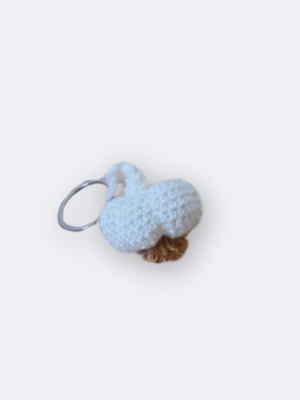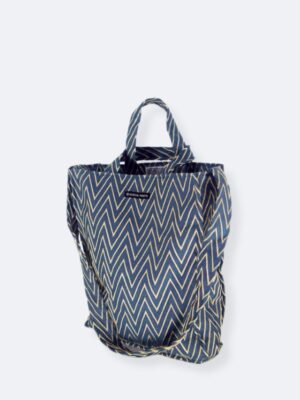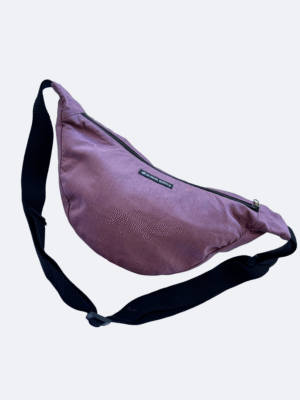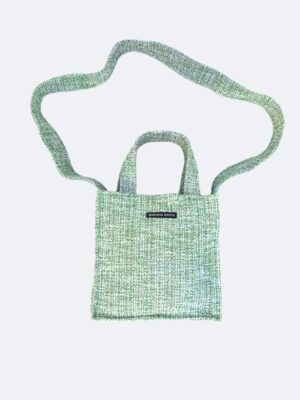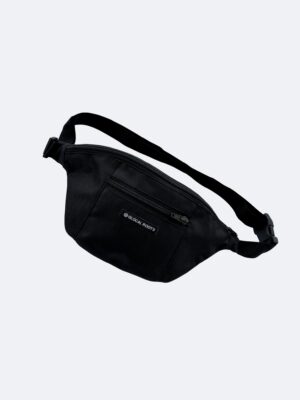A Triple Crisis: The Impact Of COVID-19 On Female Refugees In The Aegean Islands
This article was published by HUMAN RIGHTS PULSE in February 2021
The refugee camps across the Greek Aegean islands are sites of hostility, protracted volatility, and crisis. For the women and girls in these camps COVID-19 has brought new and unique challenges, leading to a rise in sexual and gender-based violence (SGBV), mental health problems, and period poverty.
GENDER BASED VIOLENCE IN THE AEGEAN AS A RESULT OF COVID-19
It is evident that COVID-19 has exacerbated pre-existing gender inequalities worldwide. Calls to women’s domestic abuse helplines have sky-rocketed and Phumzile Mlambo-Ngcuka, Executive Director of UN Women, has described violence against women and girls as a ‘shadow pandemic’. While it is important to note that COVID-19 has had a significant impact on male refugees globally, the consequences of COVID-19 seem to effect female refugees disproportionately as they are locked in a unique ‘triple crisis’ of a pandemic, displacement and the vulnerability they face as women and girls.
As of December 2020, there were some 18,300 refugees residing across the Greek Aegean Islands, of which 21% were women and 12% were girls. For many women and girls in lockdown in these camps, the ‘triple crisis’ has manifested itself in the form of sexual and gender-based violence, either at the hands of their partners, or strangers. Liska Bernet, the founder of NGO Glocal Roots, commented that “since the lockdown, we’ve been confronted with more cases of domestic violence of women who live in the camp but also in self-accommodated flats. People start fighting a lot more because now everyone is at home all the time.”
The risk of SGBV against women in the camp is exacerbated by gender-neutral toilets and showers, lack of security, and inadequate lighting. In 2017, Human Rights Watch issued a report describing the camps on the Greek Islands as posing ‘dire risks’ for female asylum seekers, labelling them unhygienic and unsafe, yet three years later conditions remain much the same.
In a series of interviews with women living in the Vathy camp on Samos provided to Human Rights Pulse by Glocal Roots, a 25-year-old mother of four from Syria describes her experiences living in the risky conditions of the camp for four months: “I never left the tent by myself and I never left the tent when it was dark. When I had to go to the toilet in the night, I had to wake up my husband so he could walk with me. You hear a lot of stories of women getting raped in the night. Sometimes men break into the tents and rape the women… I know women who live in the jungle who don’t sleep in the night because they are scared, only during the day they sleep.”
Testimonies such as these are not uncommon. Following the rape of a three-year-old girl in a bathroom in Kara Tepe refugee camp on Lesbos in December 2020, the situation in the Aegean has reached a critical stage. While these problems pre-date COVID-19, the implications of repeated and rolling lockdowns in the camps are ever-increasing danger, violence and entrapment for women and girls.
GRASSROOTS SAFE SPACES AND WOMEN’S MENTAL HEALTH
Grassroots- run safe spaces are essential for the wellbeing of women living in refugee camps across Greece, offering respite from the chaotic conditions and potential of violence. One example is Glocal Roots project the We Are One women’s Centre in Samos, which was visited by 300 women and 100 infants every day before the pandemic struck. The dangers that women face within the Aegean refugee camps has been compounded by the reduction of access to spaces such as these, with many being forced to shut or work at vastly limited capacity throughout 2020.
There is a chronic shortage of mental health support in the Aegean, with inadequate and overwhelmed systems leading to repeated calls for reform from international NGOs. Movement restrictions since the start of the COVID-19 pandemic have significantly aggravated this mental health crisis. A report released by the International Rescue Committee (IRC) in December 2020 noted that disclosures of self-harm by refugees using its mental health programmes in Lesbos, Samos and Chios increased by 66% over the course of 2020. Moreover, one in three people IRC assisted reported suicidal thoughts.
It is clear that the reduction in access to psychosocial support run by grassroots organisations has had a significant impact on women’s mental health. A woman from Afghanistan interviewed by Glocal Roots commented that attending the women’s centre “gave me strength to stay in a safe space during the day and connect and share with other women here in Samos it. Without this daily structure, I feel more restless and anxious, especially at night.”
For female refugees who have experienced sexual and domestic violence, the mental health risks of centres being closed is greater still. Notably, a study by MSF on its treatment of survivors of sexual violence in Lesbos concluded that while there is adequate capacity in its clinic for physical clinical care, inadequate mental health services within the camp meant that that survivors who would have benefited from psychological support often went without.
In her statement to Human Rights Pulse, Liska Bernet reiterated the danger of lockdowns for women’s mental health: “most of the women that visited the We Are One Centre did not want to report cases of domestic or sexual violence but when it happened, they could come to the centre and sit, talk to people and get the help they need.” She commented that since the centre had to be closed due to lockdown measures these essential interactions are no longer possible, a loss that has had a “huge impact” on both the physical and mental health of survivors of violence.
PERIOD POVERTY FOR REFUGEES IN THE AEGEAN
While many English and Greek classes run by grassroots organisations have been moved online, material resources such as prenatal vitamins, diapers and clothing packs for new-born babies have been harder for women to acquire due to reduced distributions during full lockdowns. This includes menstrual products, which are not included in regular aid packages distributed by international organisations or governments but are instead provided by women’s centres and independent humanitarian aid groups.
Before its closure due to a fire that devasted the camp, there was a perpetual shortage of general supplies within Moria due to supply chains being interrupted by the pandemic, with stocks of menstrual products worst affected. These shortages, paired with the aforementioned filthy and unsafe conditions of the camps facilities, has made it increasingly difficult for the refugee women of the Aegean to manage their periods in a dignified way.
The situation across the Aegean islands exemplifies how yet again, women’s needs are consistently deprioritised and unfulfilled. Authorities acting in Greece must create a COVID-19 response plan that considers the most marginalised and vulnerable in order to reduce SGBV and exploitation as the pandemic continues to unfold. Life-saving work by grassroots organisations must be recognised as part of the solution, particularly with regards to mental health, if the ‘triple crisis’ facing these women and girls is to be addressed.
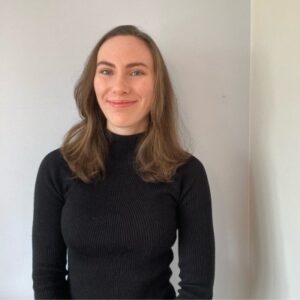
Alice Berkeley
Alice Berkeley is a Religions and Theology with Middle Eastern Studies graduate from the University of Manchester. She has a specific interest in refugee and worker's rights, women’s issues and the MENA region.



